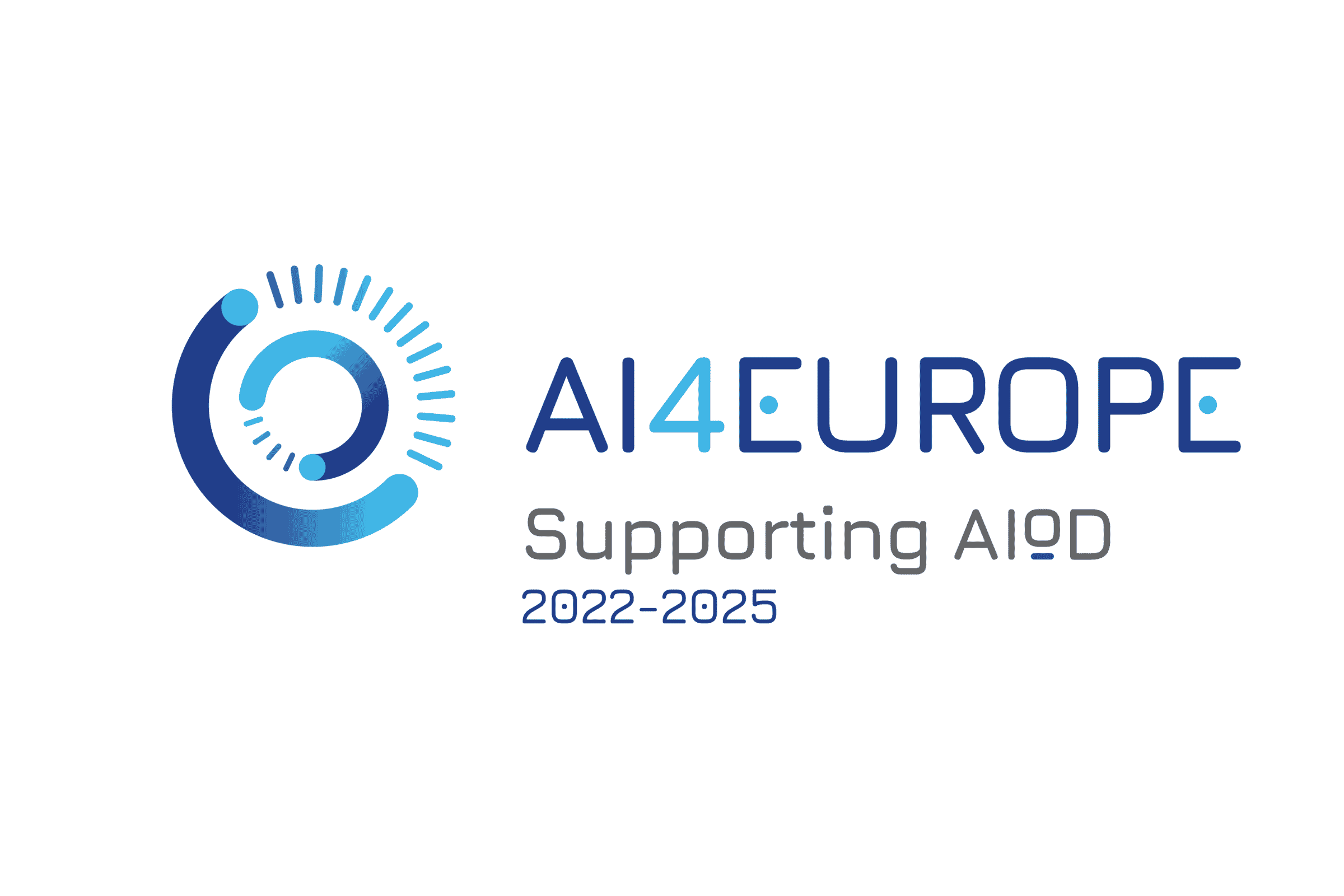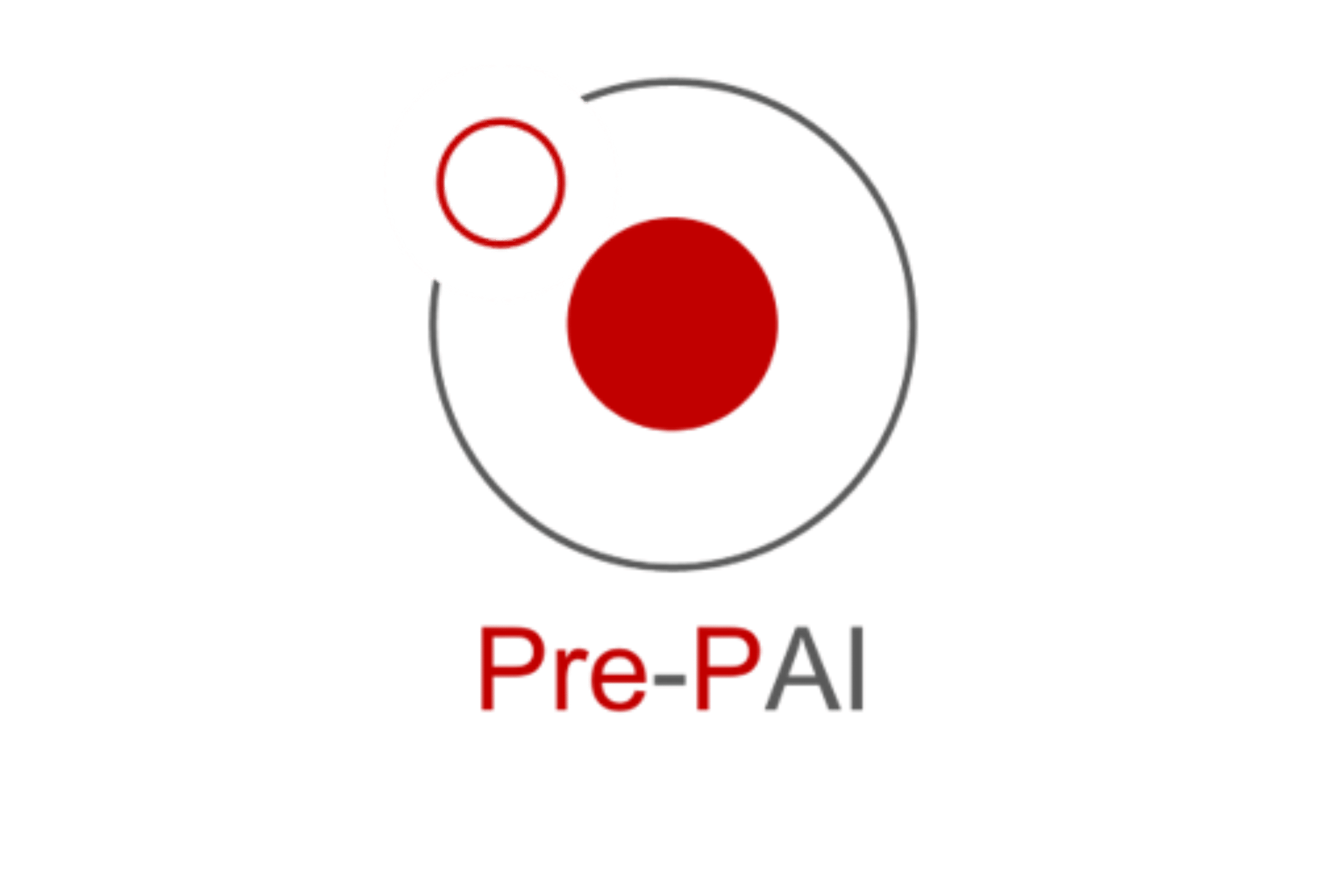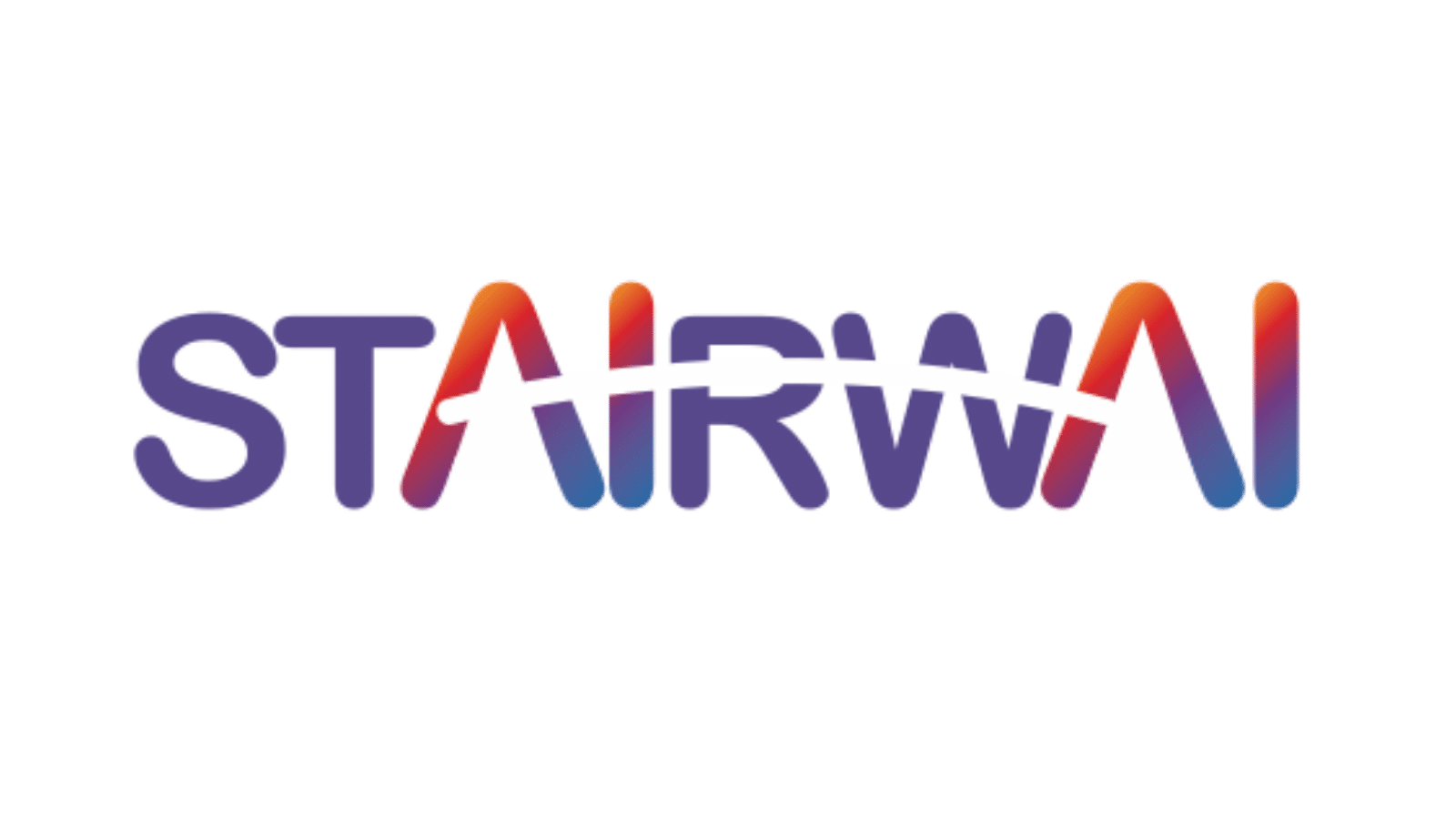AI4PublicPolicy: Driving Climate Action Through AI Innovation

Introduction
In an innovative collaboration, the EGI Foundation actively contributes to the AI4PublicPolicy project, an EU-funded initiative whose mission aligns with the urgent need to address climate change. This partnership gains particular significance in light of the recent report co-authored with Boston Consulting Group, emphasising the potential of AI to mitigate 5-10% of global greenhouse gas (GHG) emissions by 2030.
AI's Climate Mitigation Potential
Released alongside global leaders' preparations for COP28 (The 2023 United Nations Climate Change Conference), the report unveils the considerable potential of AI in combatting climate change. According to the report, by 2030, AI can contribute significantly, potentially reducing GHG emissions by 5-10%, equivalent to the European Union's annual emissions.
AI4PublicPolicy: Supporting Policy Development
AI4PublicPolicy is a collaborative endeavour uniting policymakers and Cloud/AI experts to reveal AI's potential for automated, transparent, and citizen-centric development of public policies. Led by GFT Italy SRL, the project seeks to deliver, validate, demonstrate, and promote an innovative Open Cloud platform for policy management. The report mentions the project as an example of an initiative that can assist leaders in integrating AI solutions and expertise into government strategic planning on climate priorities.
AI4PublicPolicy - an initiative of the EU's Research and Development program Horizon 2020—is creating an open cloud platform for automated, scalable, transparent, and citizen-centric policy management. Lisbon, for example, is using it to map its current inventory of, and expansion potential for, solar panels—with the goal of developing renewables supply forecasts to inform building codes and incentive budgets.
Cited from the From the "Accelerating Climate Action with AI" report
Virtual Management Policy Platform
The AI4PublicPolicy developed a 'Virtualized Policy Management Environment' (VPME) that provides fully-fledged policy development/management functionalities based on AI technologies such as Machine Learning (ML), Deep Learning (DL), NLP and chatbots while leveraging citizens' participation and feedback. These capabilities benefit the implementation of five application pilots in Greece, Italy, Cyprus, Portugal, and Bulgaria.
AI4PublicPolicy will complement public policy development functionalities with the ever-important process of reengineering and organisation transformation activities towards ensuring the effective transition from legacy policy development models to emerging AI-based policymaking.
Status and Impact of the VPME and the Five Demonstrators
The AI4PublicPolicy VPME allows the definition of new datasets, inspection of existing ones, and the meaning of policies and key performance indicators. Existing policies can then be modified. It includes the Policy Extraction Toolkit component that enables the extraction of data-driven policies based on the selected AI algorithms. To complete this, the Policy Evaluation toolkit enables the simulation and evaluation of the developed AI policies, including the results of surveys that can be implemented at different stages of a machine learning pipeline. The VPME has been tested in laboratory settings with the support of technical partners and evaluated through usability testing and questionnaires.
Progress on the five pilot demonstrators:
- Athens (Greece), Management and optimisation of City resources: policies have been defined, validated and evaluated, as well as co-creation workshops.
- Genoa (Italy), Citizens and businesses' services optimisation: policy defined to reduce road accidents, datasets provided for road accidents, GIS and meteo, validation and evaluation, co-creation workshops and use in laboratory settings.
- Nicosia (Cyprus), Holistic and Accessible Urban Mobility: Policy to improve accessibility of people with disabilities has been defined, sensors installed, datasets collected, and co-creation activities performed.
- Lisbon (Portugal), Energy management and optimisation: defined policies for the Photovoltaic (PV) systems mapping for a climate-neutral Lisbon, manually labelled aerial images and fine-tuned the AI algorithm for the AI policy defined. VPME used in laboratory settings with the support of technical partners, validation and evaluation through usability testing and questionnaires
- Burgas (Bulgaria), Data-driven water infrastructure maintenance: policy for data-driven leak detection has been created. Tests have been performed in laboratory settings as well as usability testing.
EGI's Role
Within the AI4PublicPolicy project, the EGI Foundation is leading the task of providing cloud resources and digital technologies for the VPME and the five application pilots mentioned above. These applications are developed and validated during the project, requiring a flexible environment that scales with the models.
Considering the technological and capacity requirements as well as the possibility of long-term support for AI-based policy applications after the project, EGI's choice for the cloud provider was the HUN-REN Cloud from the Hungarian EGI member, SZTAKI (Institute for Computer Science and Control). SZTAKI has provisioned from this cloud to the project:
- 40 virtual CPUs
- 1x GPU
- 140 GB of RAM
- 1,700 GB of storage
EGI is a proud partner of the project and looks forward to future collaborations and developments in the area of research and policies supported by Artificial Intelligence.




